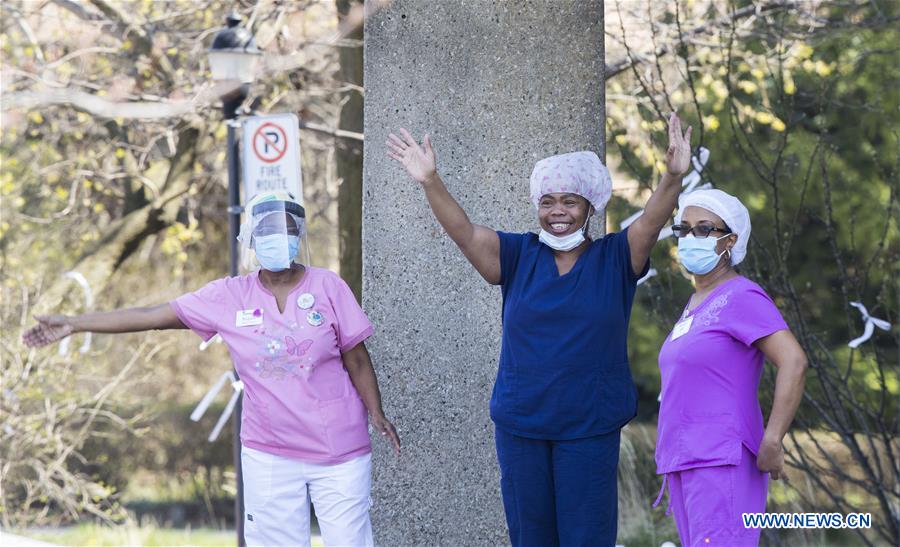Canada's COVID-19 spread slows down due to effective health measures, Trudeau says


OTTAWA - Canadian Prime Minister Justin Trudeau said on Tuesday that the country's public health measures are working to slow the spread of COVID-19.
"The measures we have taken so far are working. In fact, in many parts of the country, the curve has flattened. But we are not out of the woods yet," Trudeau said at his daily press conference in Ottawa.
Trudeau also warned that easing restrictions too fast could wipe out the progress made to date.
"We are in the middle of the most serious public health emergency Canada has ever seen, and if we lift measures too quickly, we could lose the progress we've made," he said.
Canada's chief public health officer Theresa Tam said that there is some positive pandemic news in the country's new modelling data which was released on Tuesday.
The new modelling shows that while the number of new cases was doubling every three days previously, it is now doubling every 16 days.
It predicts between 53,191 and 66,835 cases by May 5, and between 3,277 and 3,883 deaths by that date.
As of Tuesday afternoon, there were 49,815 confirmed cases of COVID-19 in Canada while 2,852 people have died of the disease.
The Trudeau government released its first COVID-19 modelling on April 9. The projections included a number of scenarios and long-term forecasts, including a death toll of between 11,000 and 22,000 over the course of the pandemic even with ongoing physical distancing and other disease control measures.
Tam warned that public health measures will need to remain in place until there is a high level of immunity or a vaccine to avoid future epidemic waves, saying that Canadians must continue physical distancing, contact tracing and quarantine measures.
The new modelling shows that senior Canadians and males are at a greater risk of severe outcomes from contracting COVID-19.
Nearly 80 percent of all deaths are linked to long-term care facilities and seniors' homes.
































